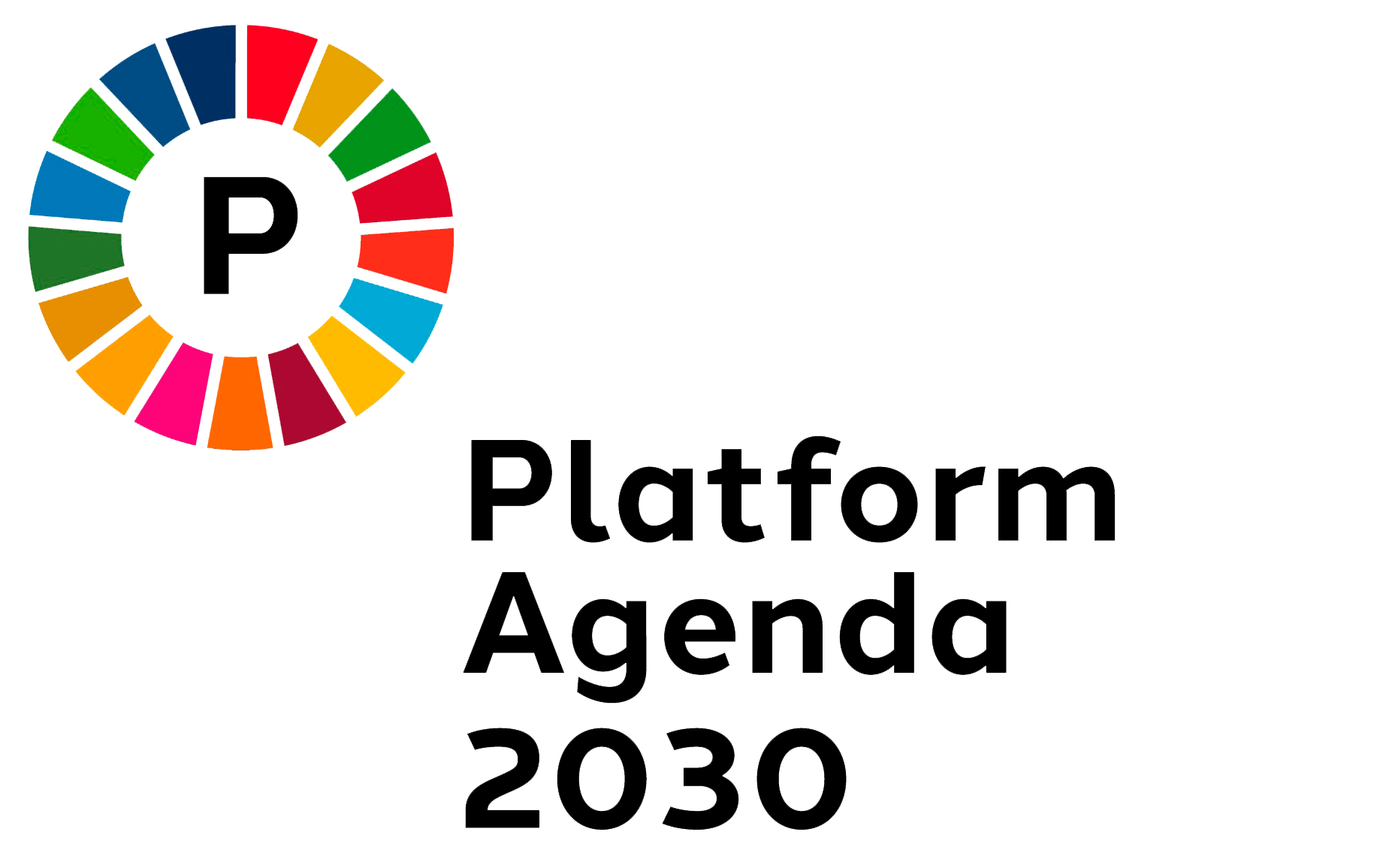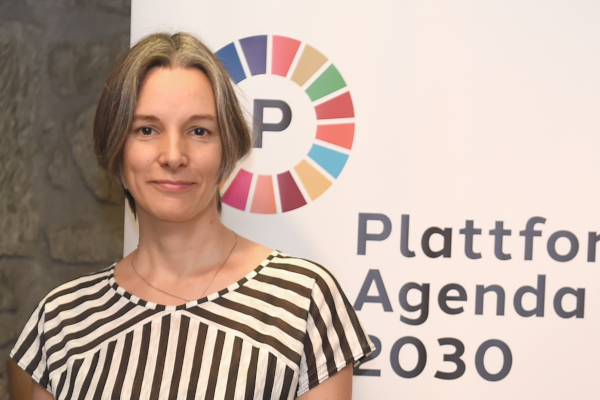More leadership for sustainable development, please!
Yet a global frame of reference was urgently needed in view of the challenges facing the world, be they climate change, biodiversity loss, pandemic or war. The 2030 Agenda lays the foundation for a common, sustainability-centred policy followed by all UN member states.
Now almost half of the set timeframe has already passed. Switzerland’s experience clearly illustrates the great difficulty of integrating into a global target framework. Although the Federal Council adopted the 2030 Sustainable Development Strategy (2030 SDS) in the summer of 2021, it by no means translates the global SDGs into national goals. In fact, the Federal Council has watered down many of the SDGs. Even if we were to assume, optimistically, that Switzerland is implementing the 2030 SDS properly, it is no way to implement the 2030 Agenda. The latter is considerably more ambitious.
Although Switzerland shows creative drive and commitment in certain areas, the latter is visible only where no appreciable resistance is to be found. The Federal Council otherwise limits itself to coordination mechanisms and to managing consultation processes, but our economy and society will never be transformed if the ‘goal’ is what is politically feasible in the first place. Instead, this transformation demands strong leadership to do what is politically necessary. Achieving greater policy coherence for sustainable development does not mean finding the lowest common denominator between the federal agencies involved, but rather persuading them to adopt sustainable solutions.
At present, coordination at the institutional level between the many different federal agencies is the task of the 2030 Agenda Steering Committee, with two delegates but no significant resources or scope of action. There is also a strategy, but it is no more than a summary of existing measures and goals. This does not constitute leadership. A further factor is that other civil society actors are not genuinely involved. The present federal government 2030 Agenda Advisory Group did not actually have any meaningful input into the draft of either the 2030 SDS or the Voluntary National Review (VNR).
The Federal Council plans to revise its Sustainable Development Strategy and the accompanying action plan by 2024, and to incorporate the gaps and challenges identified in the VNR. It is vitally important that this is a participatory process that incorporates the knowledge and experience of civil society and the scientific community. It also demands the courage to develop solutions that are truly transformational. Cosmetic amendments that merely throw an SDG-hued cloak over business as usual are not enough. What we need is a real transformation to achieve the move to a sustainable society.
Eva Schmassmann

